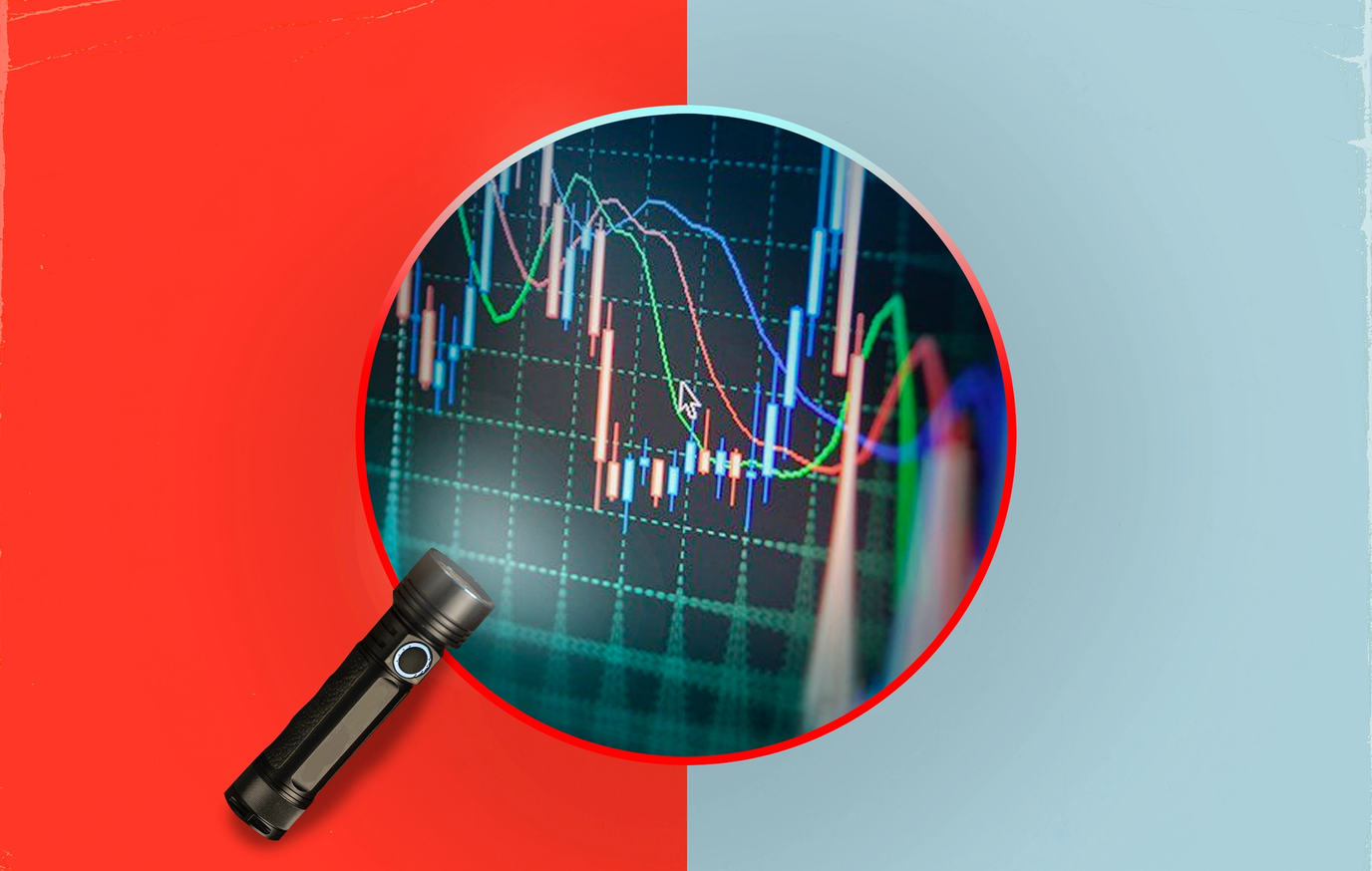
Rounding it up
Investing in US stocks is an important part of a diversified strategy but may involve complications the Canadian investor should be aware of.
If you decide to invest in an account other than a registered retirement account, your gains will be subject to foreign taxes.
You should also learn how to navigate — and avoid — foreign transaction fees as they can take a toll.
At the end of the day, investing in US stocks is worth your trouble, especially given the close relationship between the two countries.
Let’s face it — the American stock market is the place to be. Yes, Canada has its own and it’s full of great opportunities for all sorts of investment strategies. However, the American stock market is the global gold standard (along with Hong Kong and London, of course). Investing in US stocks is an important tool to diversify your portfolio, making it an enticing strategy for many Canadians.
Fortunately, it’s not too difficult for us Northern neighbours to invest in US stocks. For example, you could purchase US investments with your Registered Retirement Accounts, like RRSPs, which would also benefit your overall retirement investment strategy. But, like all things in life, American investments come with certain hurdles, such as tax implications that can make your investment not worth as much as you think.
Let’s take a look at a few of the things to keep in mind when you’re investing in the US stock market.
What kind of stocks can I buy? Is it easy?
You can truly buy any kind of stock you’d like. From Exchange Traded Fund (ETF) and Mutual Funds to a few shares of Apple, Canadians can invest however they’d like. There are, however, several rules and laws in both the United States and Canada, that can make the process far more difficult. So if you’d like to toy around with some American shares, that’s fine, but understand the potential costs beforehand.
These costs — how much are we talking?
It depends on the type of investing you want to do. Investing in the US stock market can be economically smart on a tax front; the Internal Revenue Service (IRS), the US federal tax agency, recognizes Canadian-based retirement accounts. That means if you invest directly with your RRSP, you won’t have to pay Uncle Sam a dime!
If you choose not to use these accounts, dividend payments will result in the IRS withholding 15%. What’s more, your gains will be subject to foreign tax income on the Canadian side of the border, which can make things complicated.
Additionally, if you’re lucky enough to amass over five million dollars from your US investments, you could be subject to American estate tax payments when you pass away.
There is one more cost-conscious consideration to keep in mind when investing in US stocks: currency. One of the most important ways you can ensure you’re getting the best bang for your buck is to purchase in US dollars as opposed to Canadian dollars.
Surprisingly, this recommendation has nothing to do with the value of the currency and everything to do with the fees charged for swapping currencies. When buying and selling stocks, you’re likely working with a brokerage who’ll do the currency exchange for you, but there will always be embedded fees, sometimes as high as 2%, in all directions. So, when you buy a US stock in Canadian dollars, you’ll pay a fee. When you sell the shares, you’ll pay another fee to convert your earnings back to Canadian dollars. Even swapping shares will end up in extra fees.
You can avoid this loss by creating a US-based bank account and keeping your trading proceeds there. You can also avoid this fee by using a Norbert’s gambit.
What in the world is Norbert’s gambit?
It sounds made up, doesn’t it? But it’s a very real thing. It can get tedious, but if you can pull it off, you can realize some savings on those conversion costs. First, you want to find an ETF that is listed on both the Canadian and US stock markets. Make your purchase in Canadian dollars on the Toronto Stock Exchange, then contact your broker and ask them to move your investment to the US version of the ETF. This effectively cuts out the currency exchange.
The exact mechanics of this maneuver varies based on the type of account and brokerage (they may even charge a fee for the service) but the results will be similar.
All in all, are US investments worth it?
In short, yes, they are worth it. Canada and the US have one of the closest economic relationships in the world. Given this relationship and the proximity to one another, investing in the US stock market is a crucial part of your investment strategy. Just ensure that you have a firm understanding of investing, especially in the United States, before you begin. The Canadian government has a number of great resources for both the types of investments you can consider, the taxes you may face, and the fees you’ll be responsible for paying. Then, go ahead and make that money!

About the author
Dan is a runner and writer living in the Washington, D.C. area, where he currently works for a financial services trade association as the Communications Director.
Read more about this author